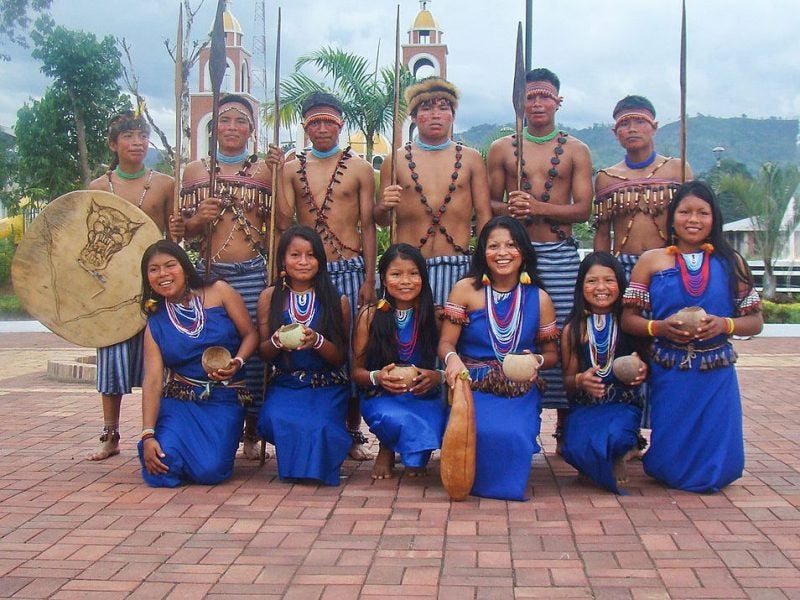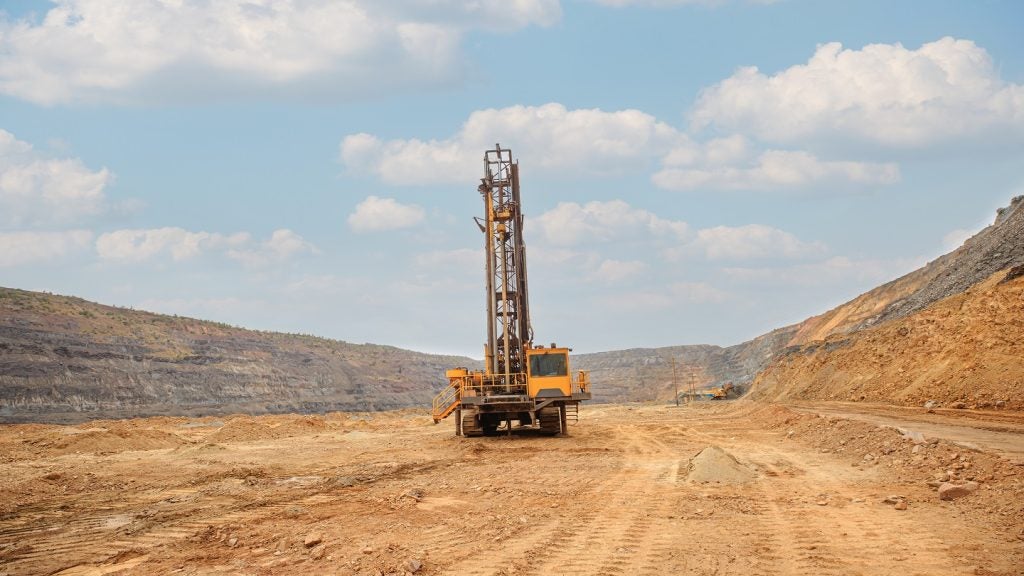
More than 100 organisations, from human rights groups to research institutes, have signed an open letter expressing their support for the Shuar Arutam People (PSHA), an indigenous Ecuadorian group which claims to have lost two members to Covid-19 following their involvement in a Canadian mining conference.
The letter alleges that seven members of the PSHA were invited to a mining fair organised by the Prospectors and Developers Association of Canada (PDAC), held in Toronto in March, and that following the event, the mother of one delegate, and the father of another, died, showing symptoms similar to that of Covid-19. A further eight members of the group have since shown symptoms of the virus, raising concerns that the Canadian conference may have inadvertently triggered the spread of Covid-19 among the indigenous group.
“The Shuar Arutam People, together with dozens of Ecuadorian allied organisations, sent an alert to the President of the Republic of Ecuador, the Ministry of Health, and the IACHR demanding that urgent measures be taken regarding a possible outbreak of Covid-19 provoked by the irresponsible actions of a Canadian mining company, Solaris Resources,” wrote the group in the letter.
“In the days before the conference in Canada, several warnings were issued about the risks it posed to participants as a possible outbreak point for the Covid-19 virus,” the group continued. “As expected, it was released after the event that the virus had been contracted by several participants, including the Burkina Faso deputy minister of mines. This then heightened concerns about a possible infection in the territory of the PSHA.”
In response, Canadian miner Solaris has published comments from the Governor of Morona Santiago, a province in south-eastern Ecuador, Doctor Juan León Pilco, which argue against the spread of Covid-19 among the Warints and Yawi people, two groups within the Shuar Arutam nation.
“The results are certified by the Ministry of Public Health and have determined that the cause of death was not coronavirus; rather, a separate respiratory and gastroenteric case,” he said.
How well do you really know your competitors?
Access the most comprehensive Company Profiles on the market, powered by GlobalData. Save hours of research. Gain competitive edge.

Thank you!
Your download email will arrive shortly
Not ready to buy yet? Download a free sample
We are confident about the unique quality of our Company Profiles. However, we want you to make the most beneficial decision for your business, so we offer a free sample that you can download by submitting the below form
By GlobalDataAccording to Worldometers, Ecuador has seen the 21st-most cases of the virus, with over 30,000 cases and over 2,000 deaths. These totals have been influenced by two significant spikes in new cases, with over 2,000 reported on 10 April, and over 11,000 new cases on 24 April, raising concerns that the pandemic is only spreading further throughout the country.
The incident has been made more tense by poor relations between the PSHA and the Canadian miners. On 30 March, the PSHA general assembly demanded Solaris leave its territory, asserting independence over its lands in south-east Ecuador; however, the miner has continued work at its Warintza project in the region, a 26,777 hectare facility with estimated mineral reserves of 124 million tonnes.
Furthermore, while Solaris insists the delegates invited to the PDAC conference were members of the Strategic Alliance of the Warintza Project, and so were empowered to drive meaningful discourse between local groups and Solaris and its subsidiary Lowell Mineral Exploration, the PSHA refutes this claim. The group argues that the delegates were not elected members of the PSHA general assembly, further casting doubts over the relations between miners and indigenous groups.
“Their activities are causing irreparable damage and putting the indigenous social fabric and the Amazonian ecosystems in all their mega-diversity, at serious risk,” continued the PSHA, naming groups such as BHP and Fortescue alongside Solaris for their projects in the region. “Their mere presence in the region, due to the possibility of Covid-19 transmission, may exacerbate these impacts.
“Similarly, we condemn any attempt by these companies to wash their image by taking advantage of the crisis to position themselves by offering social and sanitary works.”
Solaris, meanwhile, has taken steps to ensure its project has complied with indigenous laws, and received local support, as much as possible.
“Mining exploration is a legal activity, recognised and protected by the Ecuadorian legal system,” said a Lowell spokesperon. “Lowell Mineral Exploration is the concessionary of the Warintza Project, granted and enforced by the Republic of Ecuador, and has all legal, national and community permits necessary to carry out activities.”
In March, the miner completed a pilot project to better facilitate discourse between the company and local groups at its Warintza mine, and highlighted the potential for the development to improve relations between the parties.
“We’re very proud to have been able to present this project at PDAC,” said Solaris president and CEO Daniel Earle. “We are hopeful the success of this pilot project can inform the design of a model prior consultation process for the rest of the country and we are looking forward to building on this foundation of trust to further advance our innovative community social relations program on the Warintza Project.”




